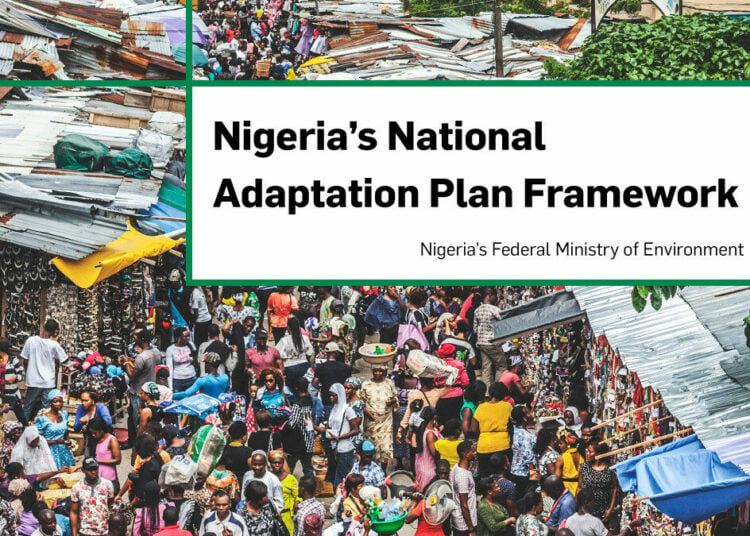The Federal Ministry of Environment has formally launched the report of Integrating Conflict-Sensitivity and Peacebuilding into Nigeria’s National Adaptation Plan (NAP) Process.
Permanent secretary in the ministry, Adam Mahmud Kambari, disclosed this at a workshop on capacity development for conflict-sensitive adaptation and launch of the report yesterday in Abuja.
The permanent secretary said conflicts such as farmer-herder crises, cattle rustling, banditry which currently threaten security in the country could be linked to climate change.
He said conflict-affected states urgently need to adapt to the impact of climate change, explaining that like many developing countries, those states often have high levels of exposure and vulnerability to climate impacts as well as low readiness within their governance systems and institutions to manage and recover from these impacts.
While reiterating that the links between climate change and fragility mean that it would be a mistake to ignore medium-and long-term adaptation needs in these peace-building contexts, the permanent secretary said a key activity in the NAP process was the conduct of a Climate Risk and Vulnerability Assessment (CRVA) to identify communities’ vulnerabilities and suggest possible adaption options to address these challenges.
Earlier, the director, Department of Climate Change, Ministry Environment, Dr. Iniobong Abiola-Awe, said Nigeria was presently formulating its NAP as a means of identifying medium to long term adaptation needs, adding that they were developing and implementing strategies and programmes to address those needs in a participatory and fully transparent approach.
The director said climate change impacts were on the rise globally, and lamented that extreme weather events and climate variability were impacting many sectors, key infrastructure and biodiversity among others, and causing security challenges.
While explaining that efforts were on to mitigate the effect of climate change, he noted that the need for adaptation was also very important so that the nation could adjust its systems and operations to the effects without affecting daily activities.











